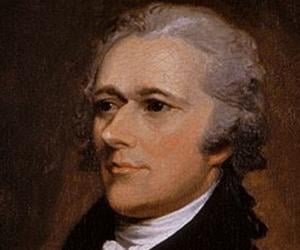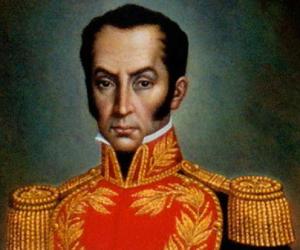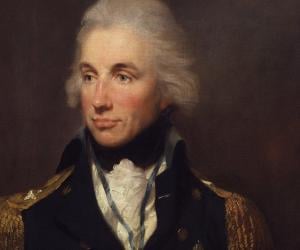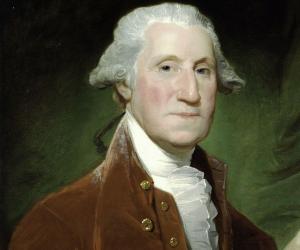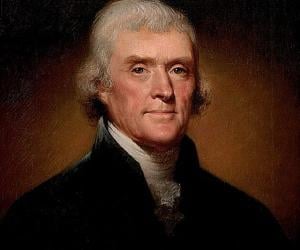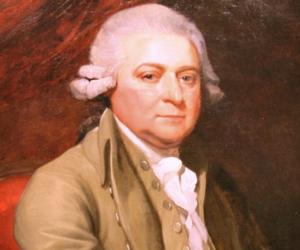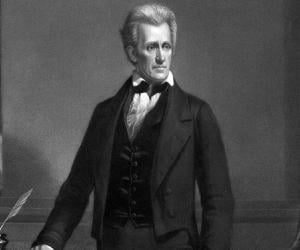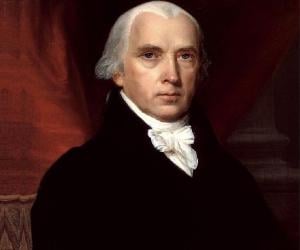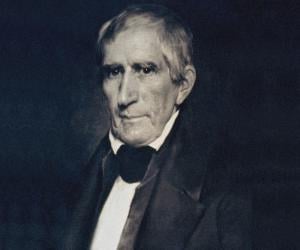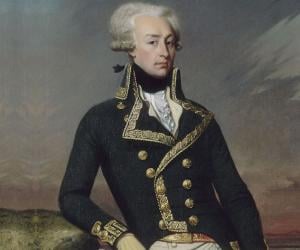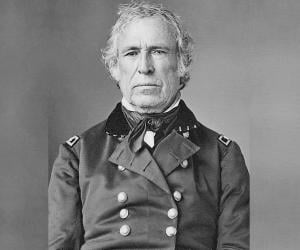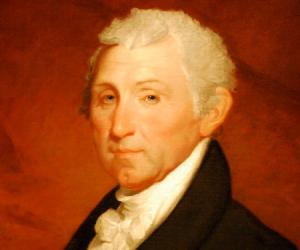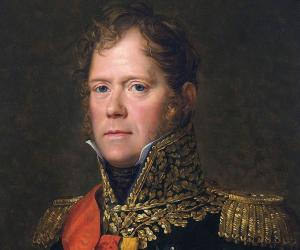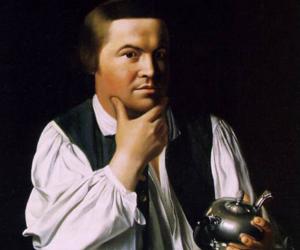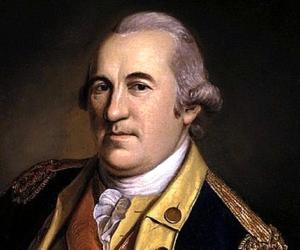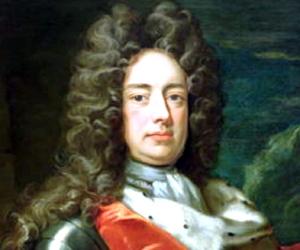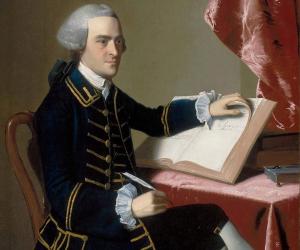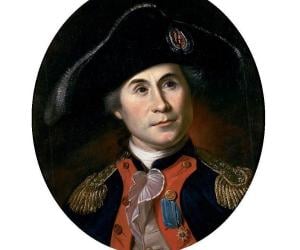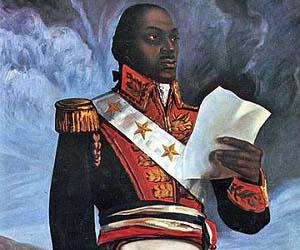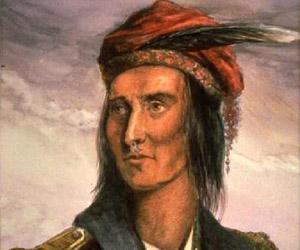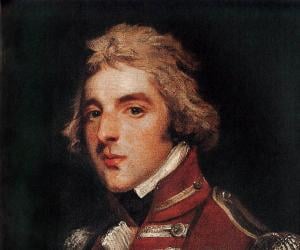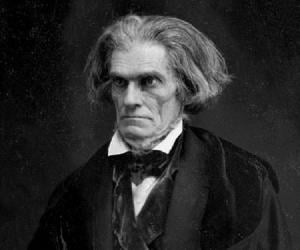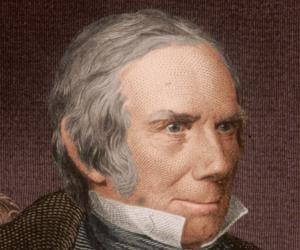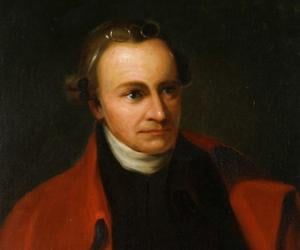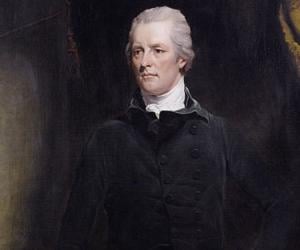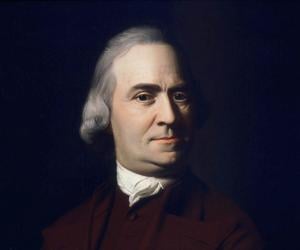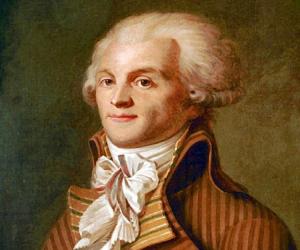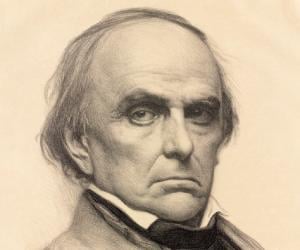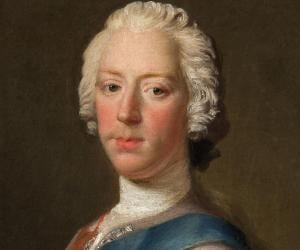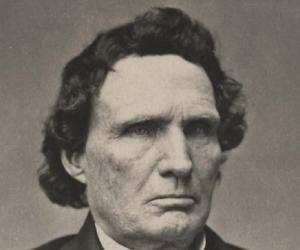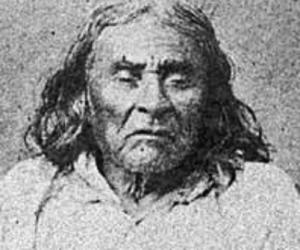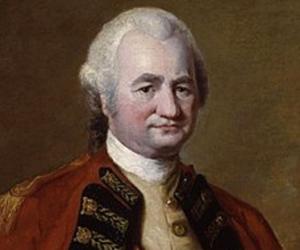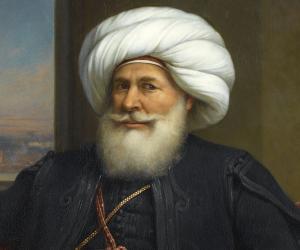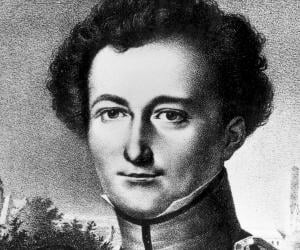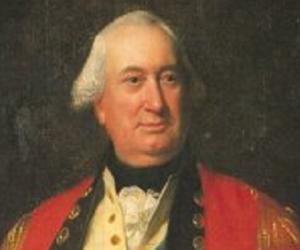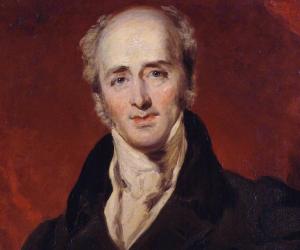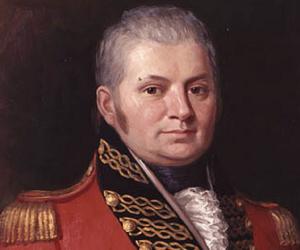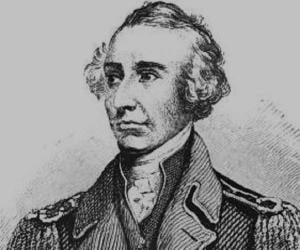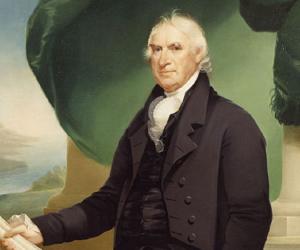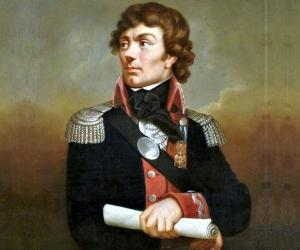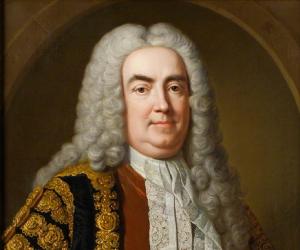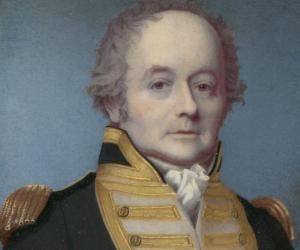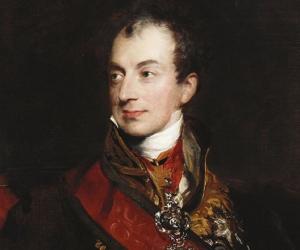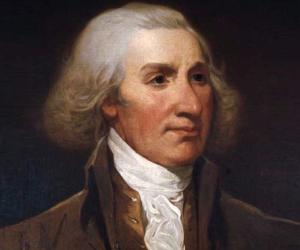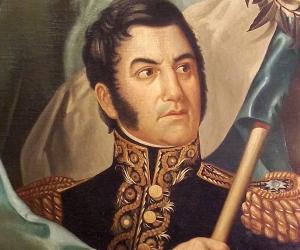Known as America’s one of the most influential Founding Fathers, Alexander Hamilton was a delegate to the Constitutional Convention and served as the first secretary of the treasury. He also fought in the American Revolutionary War and was considered as a leading votary of the strong central government.
Horatio Nelson was a British flag officer whose inspirational leadership brought about several British naval victories, especially during the Napoleonic Wars. Regarded as one of Britain's heroic figures, Horatio Nelson's legacy remains influential and several monuments, including the Nelson Monument and Nelson's Column, have been created in his memory.
America’s first president, George Washington led the country with integrity, firmness and prudence that made him one of the greatest presidents in American history. He became a national hero before assuming presidency, when he led the Continental Army to victory against the British during the American Revolution.
The 2nd Vice President and the 3rd President of America, Thomas Jefferson was one of the Founding Fathers of USA and the principal draftsman of the Declaration of Independence. Jefferson was a staunch advocate of democracy and a strong believer of individual rights and religious freedom, despite the fact that he himself owned nearly 600 slaves.
Benjamin Franklin is considered one of the founding fathers of the United States as he was a signer of both the Declaration of Independence and the Constitution. He was a writer, politician, scientist, inventor, civic activist, an accomplished diplomat and much more. He is a key figure in the history of physics for his discoveries and theories regarding electricity.
One of the Founding Fathers of America, John Adams was a statesman, attorney, and diplomat who served as the second president of the United States. He was a principal leader of the American Revolution. As a lawyer, he was devoted to the right to counsel and presumption of innocence. His administration has been favorably ranked by historians and scholars.
Andrew Jackson was the 7th President of USA. His presidential reign has been termed as Jacksonian democracy and witnessed the shift of political power from established elites to ordinary voters. Coming from humble beginnings, Jackson knew the struggle of the masses and thus, worked towards creating a more inclusive country. His picture has been featured on the front side of $20 bill since 1928.
James Madison played an important role in drafting the US Constitution and the US Bill of Rights and is hailed as the Father of the Constitution. He also co-wrote The Federalist Papers, considered to be a seminal work of political science. As president, he led the country into the 1812 war and historians place him as an above-average president.
The ninth president of the US, William Henry Harrison died 31 days into his presidential term, becoming the shortest-serving US president ever. His demise caused a brief constitutional crisis pertaining to the succession to the presidency. Subsequently, Vice President John Tyler became the new president, setting an important precedent in terms of transfer of the presidency in such situations.
Marquis de Lafayette was a French aristocrat and military officer, who is remembered for fighting in the American Revolutionary War, as the commander of American troops in several battles. After returning to France, he played key roles in the French Revolution of 1789 and the July Revolution of 1830. Considered a hero in both America and France, he advocated the end of slavery.
James Monroe, a Founding Father of the U.S., served as the American president from 1817 to 1825. He opposed European colonialism and issued the Monroe Doctrine. He had also been a U.S. secretary of state, the Virginia governor, a U.S. Senate member, and the American ambassador to Britain and France.
Michel Ney was a French military commander. One of the 18 Marshals of the Empire inaugurated by Napoléon Bonaparte, Michel Ney played important roles in the Napoleonic Wars and the French Revolutionary Wars. Nicknamed the Bravest of the Brave by Napoleon himself, Ney was renowned for his valor in wars.
English statesman and soldier John Churchill, 1st Duke of Marlborough was the second son of Sir Winston Churchill and is remembered for his contribution to wars such as the Monmouth Rebellion and the War of the Spanish Succession. He was once imprisoned in the Tower of London for Jacobitism.
Merchant and statesman, John Hancock, served as the president of the Second Continental Congress and was the first to sign the Declaration of Independence in 1776, owing to this position. A rich man, he used his wealth to support the colonial cause during the American Revolution. He also used his influence to ratify the United States Constitution in 1788.
Haitian general, Toussaint Louverture, was the most prominent leader of the Haitian Revolution. A revolutionary leader, he was devoted to the cause of Haitian independence and fought hard until he was killed by the French in a treacherous manner. The revolution continued after his death, leading to Haiti’s independence. He is now known as the Father of Haiti.
Tecumseh was a Shawnee chief, diplomat, orator, and warrior. He is best known for promoting resistance to the United States' expansion onto Native American lands. He also promoted tribal unity and is credited with forming a Native American confederacy. He died trying to unite Native Americans and is considered an iconic folk hero in Canadian, Indigenous, and American history.
John C. Calhoun was an American political theorist and statesman. From 1825 to 1832, he served as the seventh vice president of the US. Before becoming the vice president, Calhoun served as secretary of war, a position which he used to modernize and reorganize the United States Department of War. He was played by Arliss Howard in the film Amistad.
Henry Clay was an American statesman who represented Kentucky in the US House of Representatives as well as US Senate. Considered one of the most important political figures of his era, Clay helped found the Whig Party and the National Republican Party. He is also considered one of the greatest speakers in the history of the US House of Representatives.
A significant figure of the American Revolution, Patrick Henry was the first governor of post-colonial Virginia. A skilled orator, he is remembered for his iconic words “Give me liberty or give me death!” He excelled as a lawyer and gained fame with his win in the Parson's Cause.
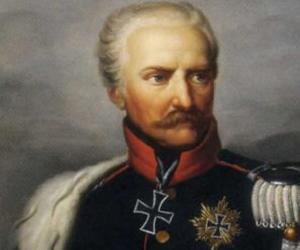
British statesman, William Pitt the Younger, became the youngest prime minister of Great Britain in 1783 when he was just 24. During his stint as the prime minister, he was also Chancellor of the Exchequer. Several major political events, including the French Revolution and the Napoleonic Wars, happened during his tenure. He is ranked highly among all British Prime Ministers.
Robert Clive was a military officer and the first British Governor of the Bengal Presidency in British India. Nicknamed Clive of India, Robert Clive is credited with laying the foundation of the East India Company rule in Bengal. He won the Battle of Plassey in 1757, which enabled him to establish Company rule in Bengal.
Muhammad Ali of Egypt was the de facto ruler of Egypt from 1805 to 1848. He was also the Albanian Ottoman governor and is considered the founder of modern Egypt. He implemented drastic reforms in the military, economic and cultural spheres in Egypt. He established the Muhammad Ali dynasty that ruled Egypt until the revolution of 1952.
Carl von Clausewitz was a Prussian military theorist and general. As a theorist, Clausewitz stressed the political aspects of war. His book Vom Kriege, which talks about military strategy, has been very influential despite the fact that it was unfinished at the time of his death. His ideas also influenced personalities like Karl Marx, Mao Zedong, and Leon Trotsky.
British army general Charles Cornwallis, 1st Marquess Cornwallis is best remembered for his stints as the governor-general of India and the viceroy of Ireland. Educated at Eton and Cambridge, he later started his army career with the Seven Years’ War. He was also part of the American War of Independence.
John Graves Simcoe was a British Army general best remembered for founding York (present-day Toronto, Canada). Simcoe, who served as the first lieutenant governor of Upper Canada, was responsible for introducing institutions like trial by jury, courts of law, freehold land tenure, and English common law. John Graves Simcoe also played a key role in abolishing slavery in Canada.
George Clinton is one of the pioneers of funk music. He initially released multiple hits with the collective Parliament-Funkadelic and then launched a solo career with the album Computer Games and the singles Loopzilla and Atomic Dog. He has also lent his voice to the TV movie Freaknik: The Musical.
Tadeusz Kościuszko was a Polish-Lithuanian statesman, military leader, and military engineer. Thanks to his participation in the Polish-Lithuanian Commonwealth's fight against Prussia and Russia and his role in the American Revolutionary War, Tadeusz Kościuszko is widely regarded as a national hero in the United States, Poland, Belarus, and Lithuania.
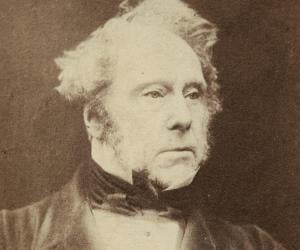
Charlotte Corday was an important figure of the French Revolution. She is remembered for murdering Jacobin leader Jean-Paul Marat, for which she was executed by guillotine. Her action changed the political position and role of women at the time. She was also considered a hero by those who opposed the teachings of Jean-Paul Marat.

Kazimierz Pułaski was a Polish nobleman, military commander, and soldier. Dubbed the father of the American cavalry, Pulaski is credited with creating the Pulaski Cavalry Legion and reorganizing the American cavalry. He played an important role in the American Revolutionary War and is remembered for fighting for the independence of Poland and the United States.
José de San Martín was an Argentine general who played an important role in the Spanish American wars of independence. San Martín is considered a national hero of Peru and Argentina. The Order of the Liberator General San Martín, the highest honor conferred by the government of Argentina, was created in his honor.
